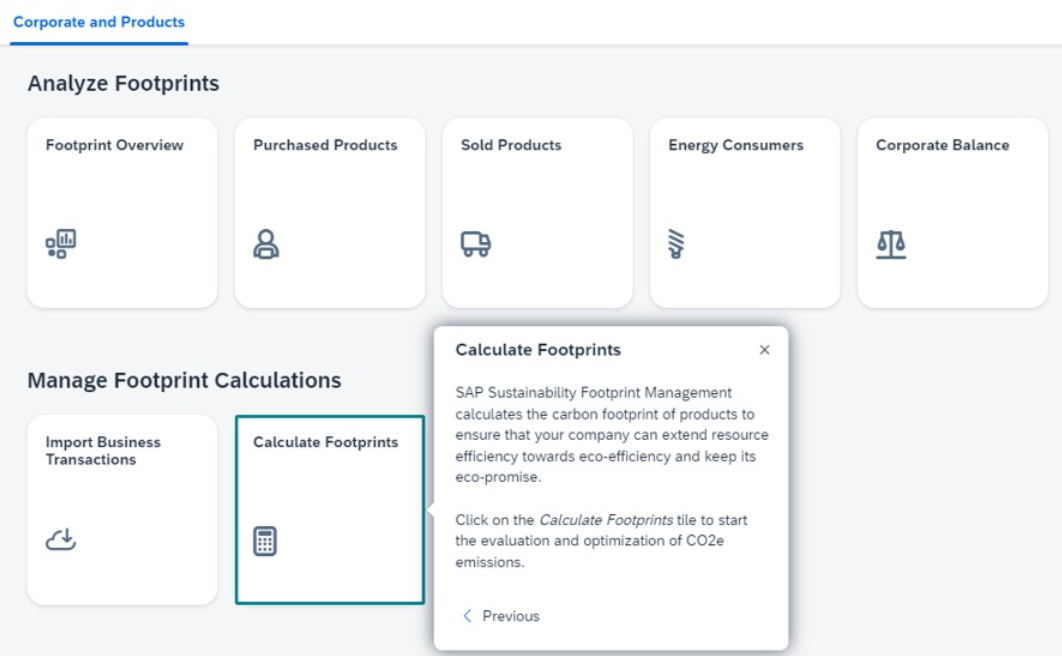SAP Green Ledger: Recording and Evaluating the Carbon Footprint
Companies cannot adopt targeted decarbonization measures within their supply chains unless they have a carbon accounting system that provides access to accurate, detailed and comparable data.
Sustainability is a concept that refers to the responsibility and endeavor to meet the needs of the present without compromising the ability of future generations to do the same. The topic of sustainable logistics is particularly important in this context. Optimizing resource utilization and complying with ethical standards in the supply chain have become a key issue for companies.
What Are the Benefits of SAP Green Ledger for Companies in Terms of Sustainability and Resource Conservation?
Companies can record and evaluate the carbon footprint and other environmental data relating to products and suppliers in the new Green Ledger. Recording this data makes it possible to accurately calculate emissions along the entire supply chain. Standardized reporting makes emissions comparable, which, in turn, paves the way for responsible action and the reduction of pollutants.

